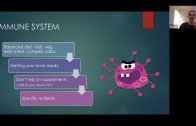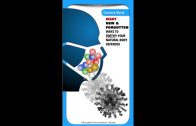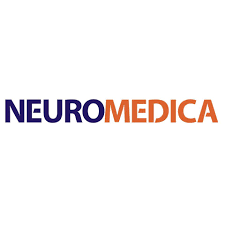JCB-JEM Symposium: Carol Prives – Travels with p53 and Mdm2 – and Some Surprises Along the Way
Carol Prives gives her talk “Travels with p53 and Mdm2 – and Some Surprises Along the Way” as part of the JCB-JEM symposium on Tackling Cancer Plasticity and Heterogeneity at The Rockefeller University in New York, October 9th, 2018. https://rupress.org/pages/jcb-jem-symposium-tackling-cancer-plasticity-and-heterogeneity
The Prives lab at the Columbia University in New York studies the functions of mutated and wildtype versions of the major tumor suppressor p53. Nearly all human cancers have either mutated p53 or altered p53 pathway genes, and familial mutations in the TP53 gene cause Li-Fraumeni Syndrome, a condition associated with the development of several kinds of tumors. p53 sits at the node of crucial cellular processes, including DNA repair, cell cycle progression, autophagy, cell death, stem cell modulation, metabolism, innate immunity, senescence, and many other important cellular outcomes.
Dr. Prives’ talk focuses on wildtype and mutated p53 and their roles in the regulation of the mevalonate (MVA) pathway, which controls the biosynthesis of sterols and other essential metabolites, in murine and human cancers. Prior work had suggested that mutant p53 affects tumor cell 3D morphology by driving the expression of sterol biosynthesis enzymes; mutant p53 modulates SREBP-1/2, the transcription factors that coordinately regulate the mevalonate pathway enzymes. Their new work shows that wildtype and mutant p53 reciprocally regulate sterol biosynthesis. Wild-type p53 represses the mevalonate pathway to suppress hepatocellular carcinoma. Very early in liver carcinogenesis, p53 controls the expression of the lipid transporter ABCA1, which inhibits the maturation of SREBP2, thereby suppressing the expression of MVA genes. In contrast, mutant p53 promotes the malignant morphology of cultures by promoting the MVA pathway.
Video © Rockefeller University Press

















